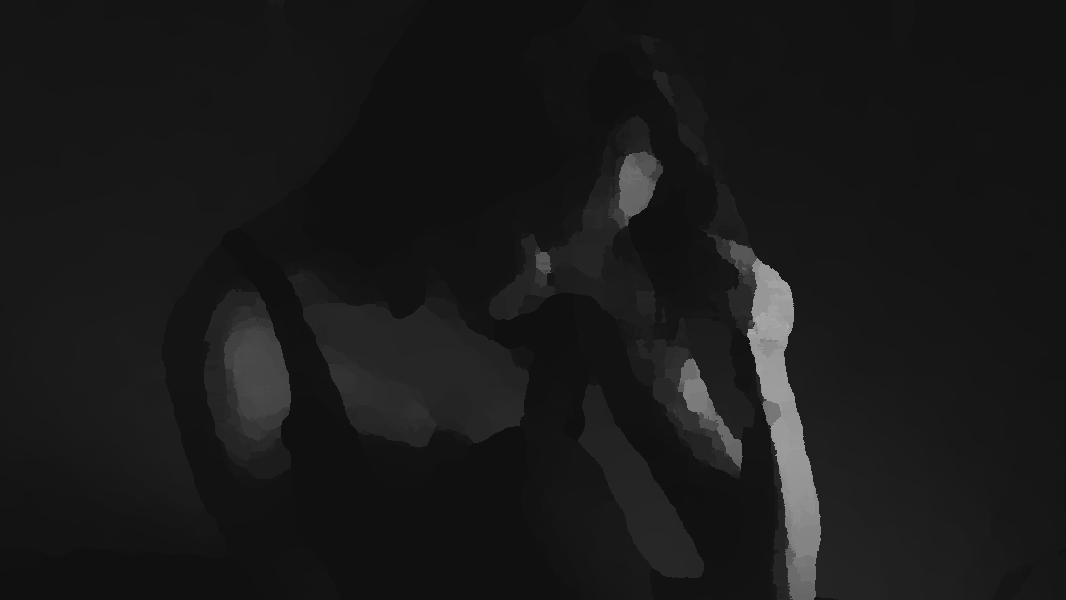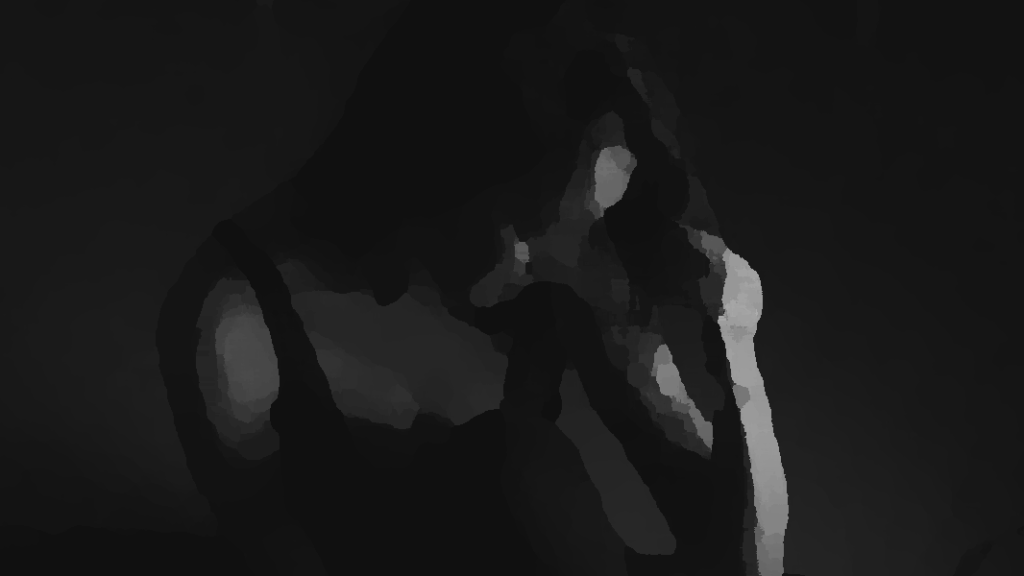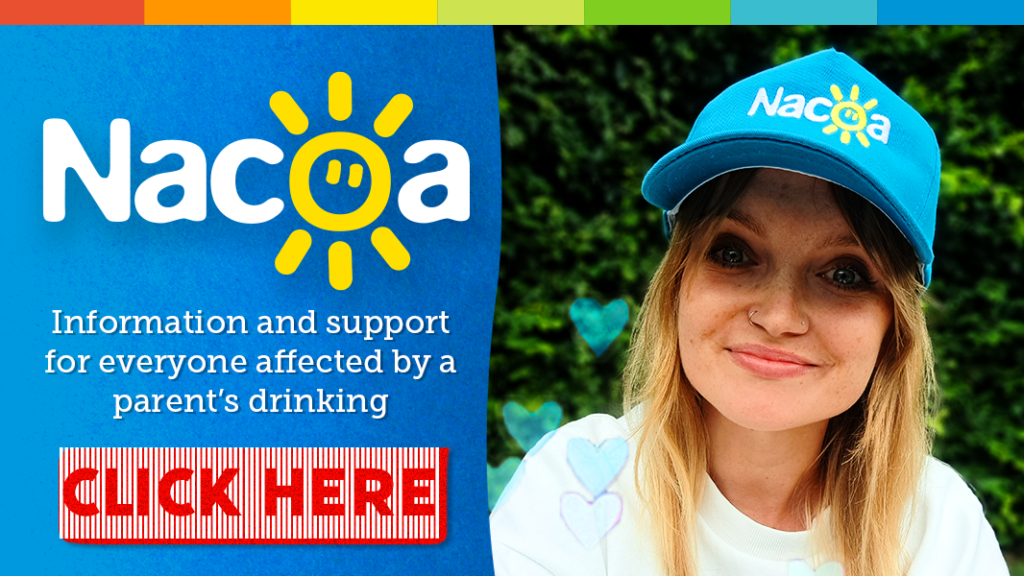
I am the daughter of an alcoholic

My mother’s health dramatically declined when I was 14 years old and our roles reversed. After multiple trips to the hospital, it came apparent that my mum was an alcoholic behind closed doors and had been for years. This was hard to come to terms with because in my eyes she was such a caring, strong supportive mum who taught me everything I needed to know. I would think how can someone so fine be so not fine?
At this point my life changed. I was now a teenager with a life filled with horror and distress.
My mum would often collapse around the house because she hadn’t eaten all day, fall up or down the stairs because her body was becoming too weak and suffer alcohol withdrawal symptoms such as seizures, vomiting and vivid hallucinations when she would try to tackle her alcoholism. I would have to constantly check on her throughout the day and night (if she hadn’t locked herself in her room for that day). I’d get long term back pains from picking up my mum off the floor after a fall and have to call an ambulance for her regularly because she would injure herself so badly in the process. Series of events like this made me vulnerable to severe anxiety, panic attacks and depression, causing my poor academic performance during my last year in sixth form.
I did not want to talk to anyone
I had always felt like I did not want to talk to anyone about it except my mum. I’d beg and plead with her to stop drinking not understanding at the time that there are different types of triggers to addiction. This led me to extreme feelings of guilt – I felt like I wasn’t good enough for her to implement change in her drinking habits and that I was therefore to blame. It made me angry she was an alcoholic and sometimes couldn’t control the way I would speak to her, I was upset she was going through something so bad she was unable to get through, which could result in her early death and I was embarrassed my mum was an alcoholic, so I would never share it with anyone.
I felt like my mum needed me. That I was the only person she had left to consistently put up with her changing behaviours and ill health. I tried to be her counsellor, friend, carer and daughter all in one but felt like I was failing.

It was an opportunity for her and myself to get better
When I was 18, my mother was moved into sheltered accommodation and appeared to be improving on and off. This was a massive relief for me because she had constant professional help and it was an opportunity for her and myself to get better. This is when my mother and I were able to develop a stronger, more open relationship than before the beginning of her bad health.
My mum sadly passed away a year after her move. Her body could no longer take the effects it had from alcohol. Whilst grieving, I always think what if I could’ve done more in the past to avoid this.
As someone going through this or similar you should always remember it is just as physically and emotionally draining for the carer as it is for the addicted. You can also develop mental health issues from dealing with and trying to better someone else’s mental health. It’s ok to feel angry at them even after their death. As a carer you’re unable to cure it or change it – only the addicted can make the choice of if they want to change or not… and if they are unable to change, that’s not your fault!
Anon
Find more experience stories by going to Support & Advice.
For information, advice and support, Nacoa is here for you.

























































































